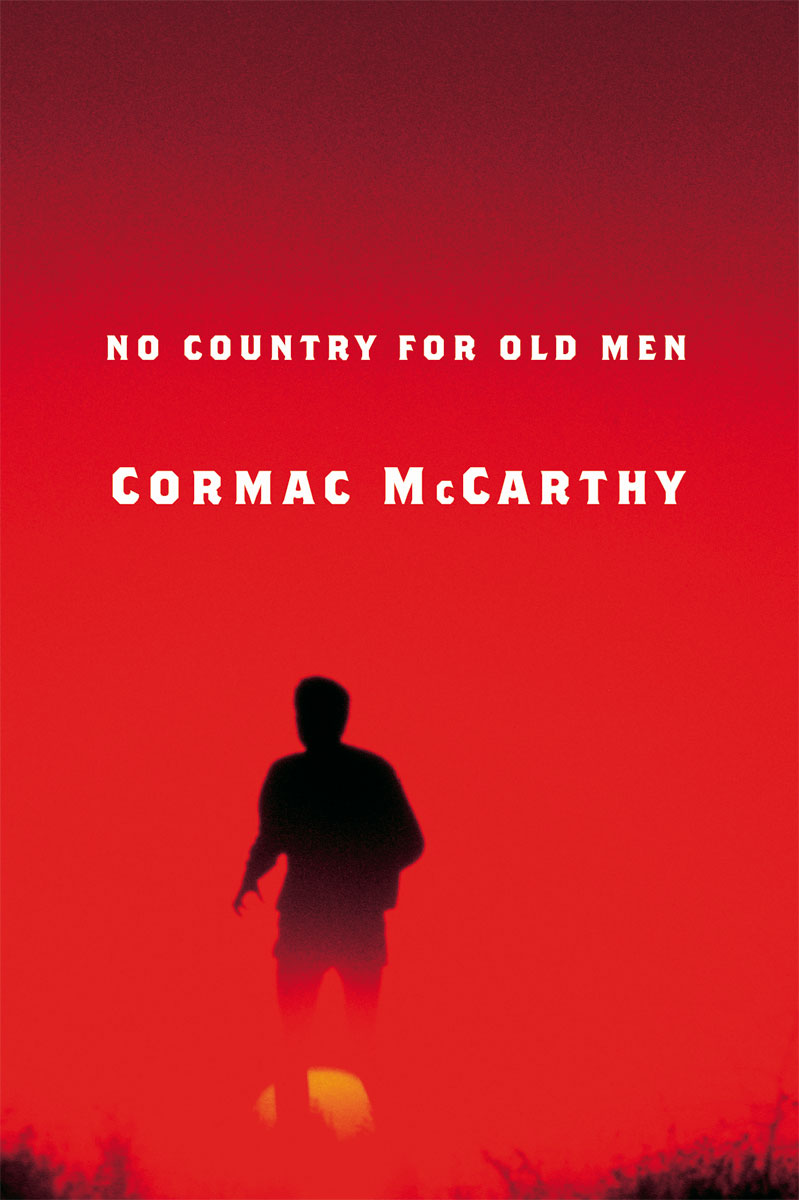

The anti-Hollywood direction that the Coen brothers took No Country for Old Men perfectly encapsulates the elusive nature of The Road author's gritty novel, and if it did have a happy ending, the directing duo wouldn't have been interested in it anyway. Llewelyn Moss is killed offscreen by unknown assailants, Anton Chigurh gets away with his crimes, and Sheriff Bell is left to reminisce about the past. Related: The Tragedy Of Macbeth Proves The Big Difference Between The Coen Brothers

We were aware of how unusual that is, and we talked about it with Scott Rudin, the producer, we didn’t want to do the movie if we got the idea that he was asking us to do a Hollywood-ized version of the, and he was very much not. The convention is even more ingrained that the good guy is going to meet the bad guy, and they’re going to confront each other. When asked about aspects of the story, Ethan Coen had this to say:

In the interview, Joel said, " To be quite honest, we were presented with the book and just took it on as an interesting book that we had that had another sensibility that comes from somebody else’s imagination, and it was our job to take that and adapt it into a movie." Further in the interview, the directing duo discussed how "anti-Hollywood" the film was, in particular, its ending. The novel stuck with Joel and Ethan Coen, and in an interview with CHUD, they chose to talk about the impact it made on the movie, and in particular, its themes and the No Country for Old Men ending.


 0 kommentar(er)
0 kommentar(er)
